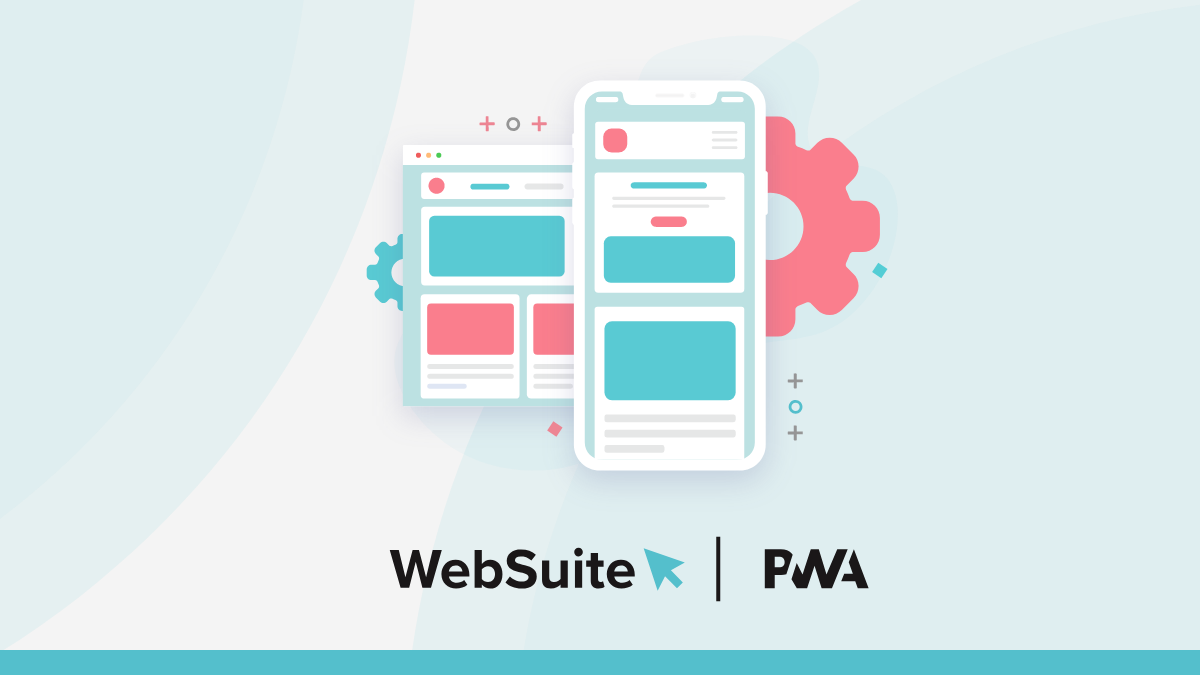
Sponsored When it comes to the world of technology, nothing lasts forever. Just ask Sony, whose revolutionary Betamax machine lost its market primacy to VHS, which in turn was obliterated by the DVD, only for on-demand streaming; okay, you get the idea.
Much like streaming dominates our viewing lives, native apps have become an essential, seemingly immovable pillar of digital strategy, the go-to platform for businesses looking to interface with their customers on mobile. And for good reason. Mobile websites have thus far been unable to compete with the user experience, performance and flexibility that native apps offer.
This is borne out by the numbers. According to eMarketer.com, in 2018 US mobile users spent an average of 3hr 35min per day on their devices, with native apps accounting for a whopping 90% of that time. And with global mobile app revenues projected to reach $188-billion in 2020, via app stores and in-app advertising, it seems as though native apps will continue to rule the roost when it comes to the mobile experience.
Progressive Web Apps: what are they?
Whether to develop a native mobile app or rely on mobile web is one of the most contentious tech choices businesses have to make, and the rising popularity of progressive web apps, or PWAs, means that decision has become even harder.
PWAs have built up a lot of traction in the past few years, but chances are if you told the average mobile user to explain what they are, you’d be met with a shrug of the shoulders. So what are they and why are they placing the previously iron-clad hegemony of the native app under threat?
Simply put, PWAs are web applications that combine the best elements of websites and native apps in one package. Like websites, PWAs are discoverable through browsers and search engines via a URL and work across all devices.
Like native apps, they are characterised by a dynamic user experience on mobile, offer much of the same functionality, and are highly configurable. And, most importantly, they allow businesses to consolidate their digital presence, giving users a unified experience across desktop and mobile.
Publisher’s Toolbox CEO Rich Cheary is a passionate advocate for PWA technology. “With the majority of media now being consumed via mobile devices, publishers and content creators the world over are seeking ways in which they can provide better user experiences.
“PWAs do have a lot of upside – they don’t require downloading [from Google Play or the App Store]; discoverability is better through more advanced search engines like Google; they don’t require updates as the code comes from the web; and lastly, they don’t take up precious storage space on your device. It’s an exciting time for the web.”
But is this enough to make us fall out of love with native apps?
For businesses in emerging economies, the tipping point may well come down to issues of cost and ROI. The fact is, compared to PWAs, native app development is an expensive, lengthy process – while maintenance costs per annum can reach up to 50% of the cost of development. Then factor in the volume of apps available on the market (over 3.9-million in Google Play and the App Store as of the first quarter of 2019), and the fact Google and Apple claim a portion of any paid downloads, subscription fees or in-app purchases (up to 30%) and you begin to understand the difficulty of making a success of your app.
Issues around cost also stretch beyond the bounds of development and maintenance, with the data required to download native apps a potential stumbling block to uptake. The cost of data in South Africa is among the highest on the continent, making South African mobile users particularly data sensitive, but high connectivity costs remain a stumbling block in many emerging markets.
Native apps: the end is near (not really)
Native apps … are they becoming redundant as some developers would have us believe? The answer, probably, is no. Native apps will continue to play a prominent role in the development strategy of many businesses for some time to come, especially in areas where data protection and advanced functionality like 3D are required.
But with a diverse set of major international publishers like Forbes, the Washington Post, the UK’s Financial Times, and the Guardian enjoying the obvious benefits that PWA technology provides, Cheary believes PWAs will continue to gain in popularity.
“Ultimately, any technology that can increase user interaction through page views, time spent on pages, or more content shares, will result in more commercial return through increased ad impressions,” he says. “And with monetisation being the big issue in the digital space, more and more businesses will look to PWAs as a cost-effective way of maximising returns.”
Cheary offers the following advice to businesses looking at the potential of PWA technology:
- Select a PWA that can be implemented without changing any processes, involves no technical risks or expensive development cycles
- Ensure your PWA has the ability to scale across your website and complements your web technology and brand identity
- Find a platform partner that is flexible and open to customisation of certain unique differentiators to your group and digital strategy
- Your mobile web audience is part of your intellectual property and your partner should respect your privacy around audience and any of your analytics and advertising models.
Editor’s note: This article is in association with Publisher’s Toolbox. Learn more about the Publisher’s Toolbox WebSuite PWA.








This provided information is really so nice, thanks for giving this post and the more skills to develop after referring to this post. Your articles really impressed me, because of all the information so nice.
informative article